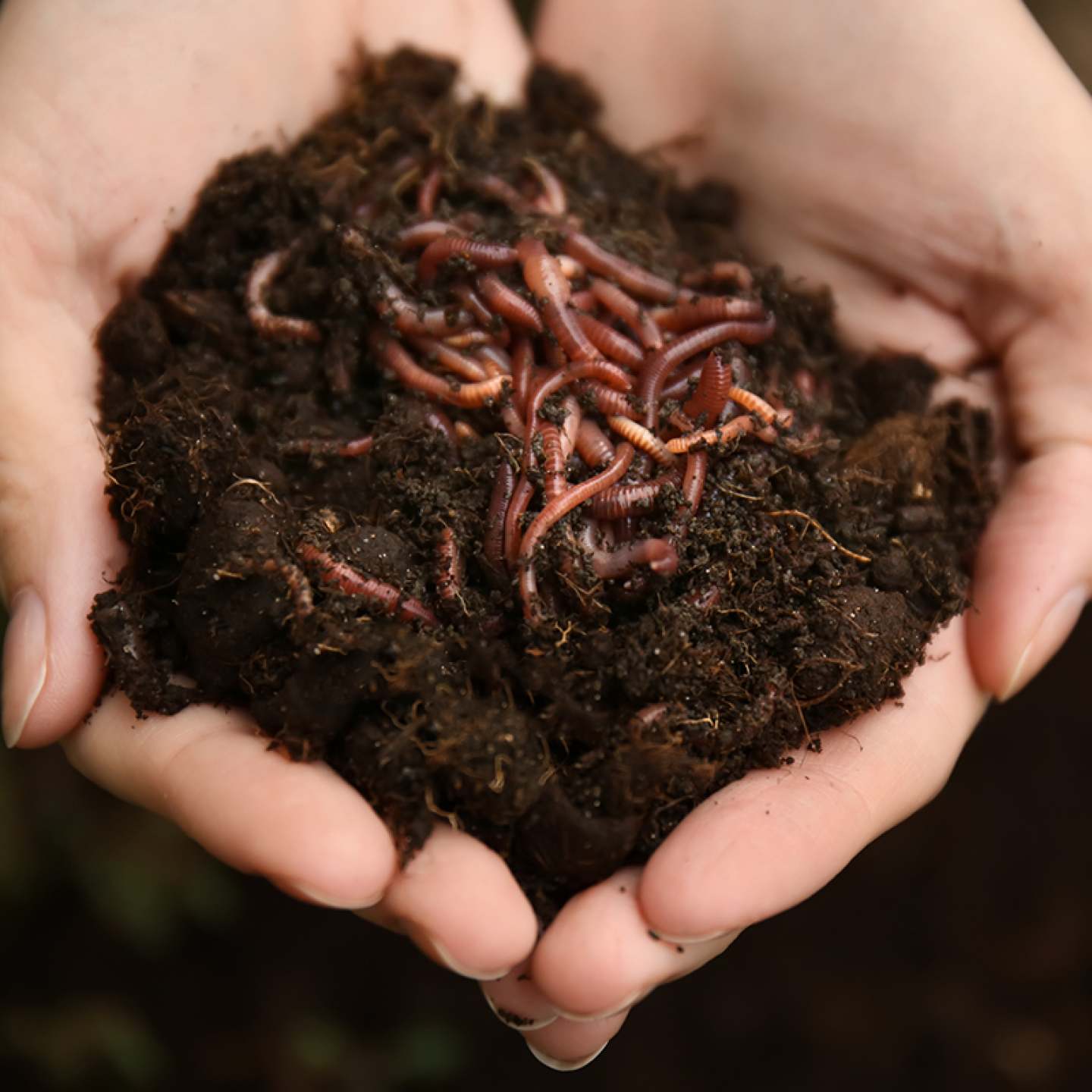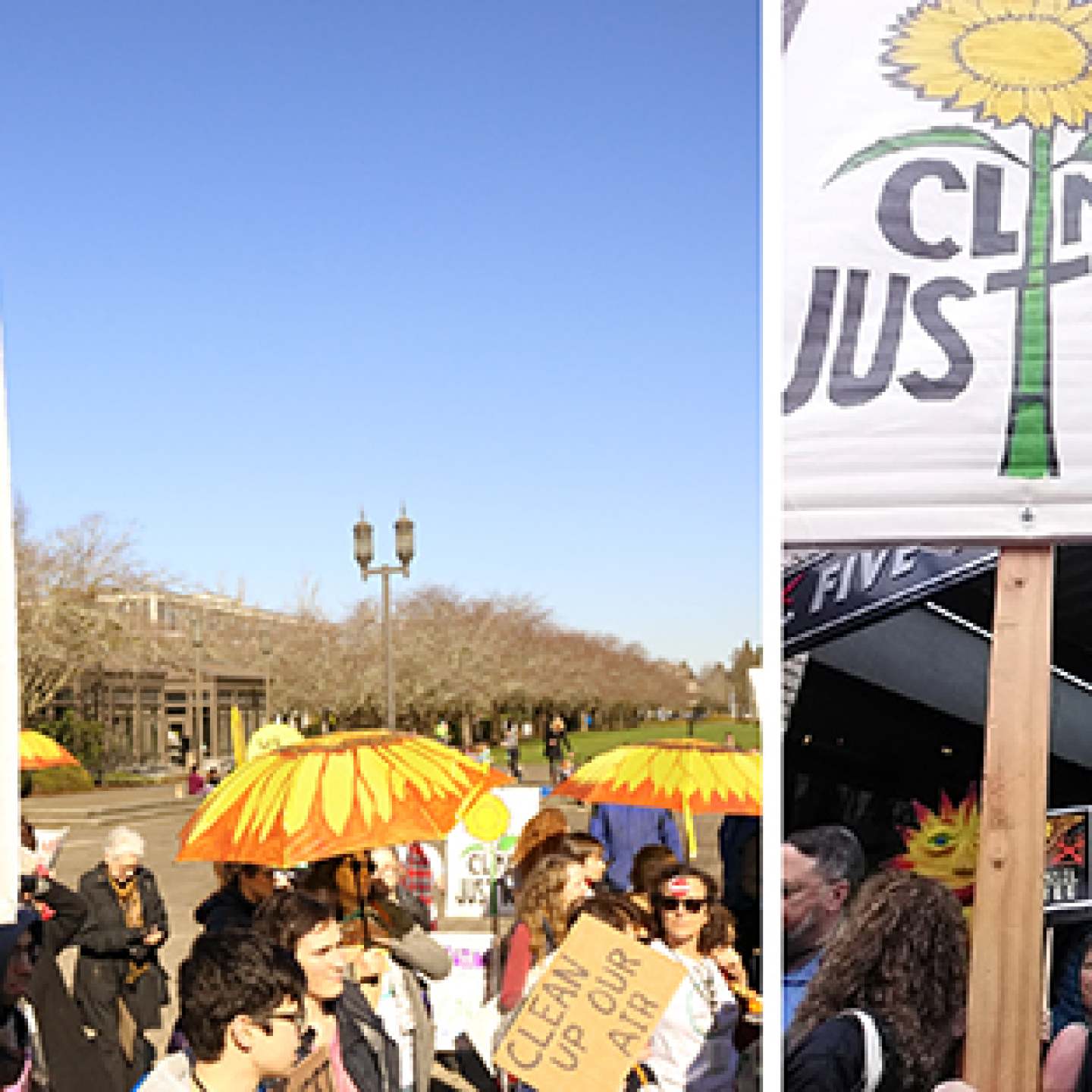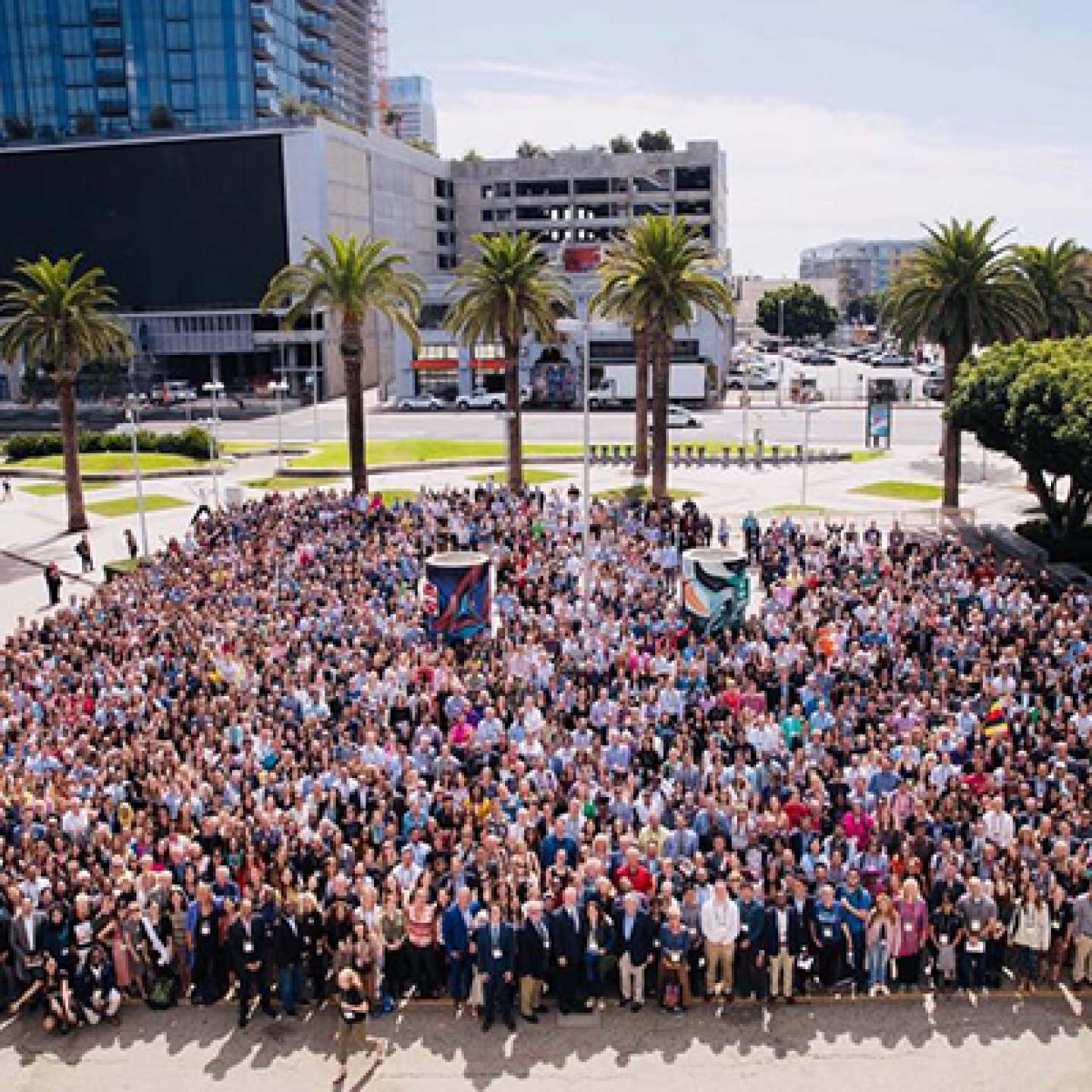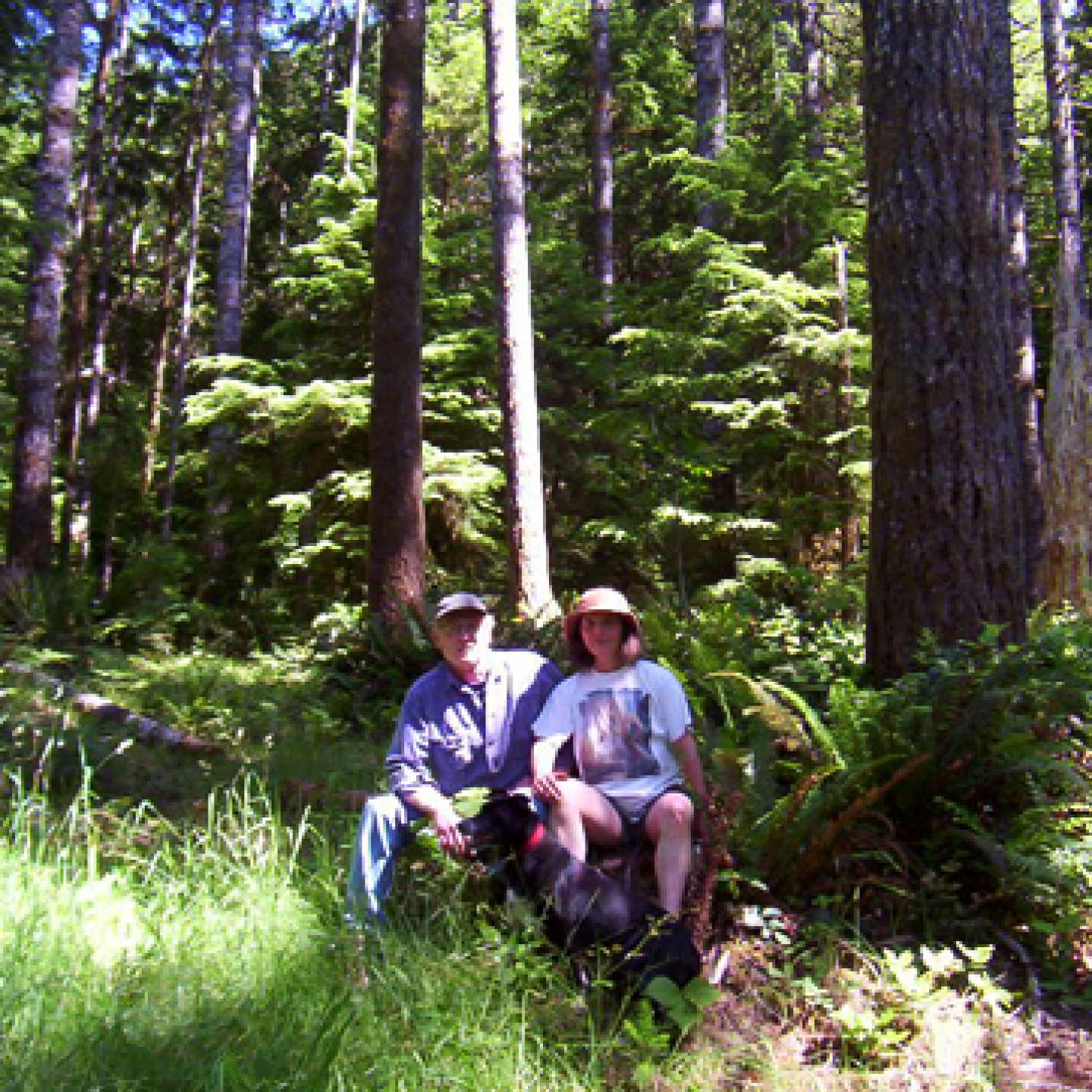We face a future full of challenges about the health of our communities and the impacts of a warming climate. Of the many intersections between environmental justice, health and climate change, one that is often overlooked is pesticide use.
Double Trouble – Climate Change and COVID-19
As we expand our understanding and response to the COVID-19 pandemic, we need to start thinking about how we are going to move forward after the global pandemic. There is a glimmer of hope that we will take a step towards changing the current socioeconomic structure built upon never-ending expansion that extracts finite resources and uses the public’s common air and water as the dumping ground for pollution and waste.
From Despair to Action: A Climate Activist Leader in the Making
Last November, I took my daughter to see 350.org’s community showing of Al Gore’s climate change film, An Inconvenient Sequel: Truth to Power, at Central Lutheran Church. I walked into the showing-room sanctuary where a man played the organ and multi-colored light crashed in through the stained glass windows. It seemed an appropriate venue to learn what humans are doing to one another and creation—this room was a place where many contemplated their idea of a creator. As Al Gore says, this is a moral issue.
We Need Resilient Forests
Recently, I had lunch in the employee cafeteria of an international corporation based in Lane County. I was somewhat amazed, but pleased, to see efforts to celebrate Farm Worker Appreciation Week. There were large colorful posters of farm workers and glossy brochures. Their handouts urged the reader to consider how their food is grown, who harvests their food and if workers are treated fairly.
In other words, consumers were being asked to evaluate the ethics of our food system and the impact our choices have on our planet and the people who work in the fields. Why aren’t we demanding the same information about the wood products we buy?








